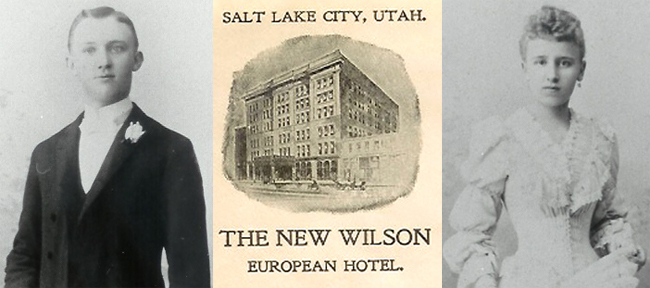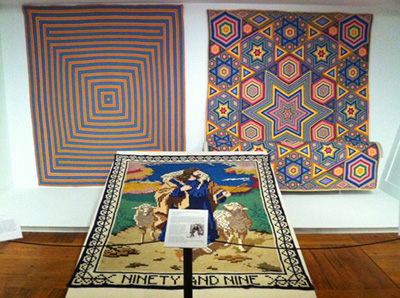This month, the reference area is celebrating Claire Donahue, the WKU alumna who qualified for the 2012 US Olympic swim team. Please stop by the reference area for books on swimming, sports, and the Olympics, as well as the 2010 Talisman, featuring an article on Ms. Donahue from her junior year at Western, entitled “Olympic Bound.”
Books on Display
1. Historical dictionary of the modern Olympic movement / edited by John E. Findling and Kimberly D. Pelle. GV721.5.H546
2. Great athletes / edited by the editors of Salem Press ; special consultant Rafer Johnson. GV697.A1 G68 2010
3. Encyclopedia of women and sports / Victoria Sherrow. GV709 .S44 1996
4. Encyclopedia of international games / Daniel Bell. GV721 .B45 2003
5. United States Olympic Book/ United States Olympic Committee. V721.5 .U6
6. Historical dictionary of competitive swimming / John Lohn. GV836.3 .L65 2010
7. The women’s sports encyclopedia / Robert Markel, executive editor. GV709 .W589 1997
8. The Olympic record book / Bill Mallon. GV721.8 .M34 1988
9. 2010 Talisman










